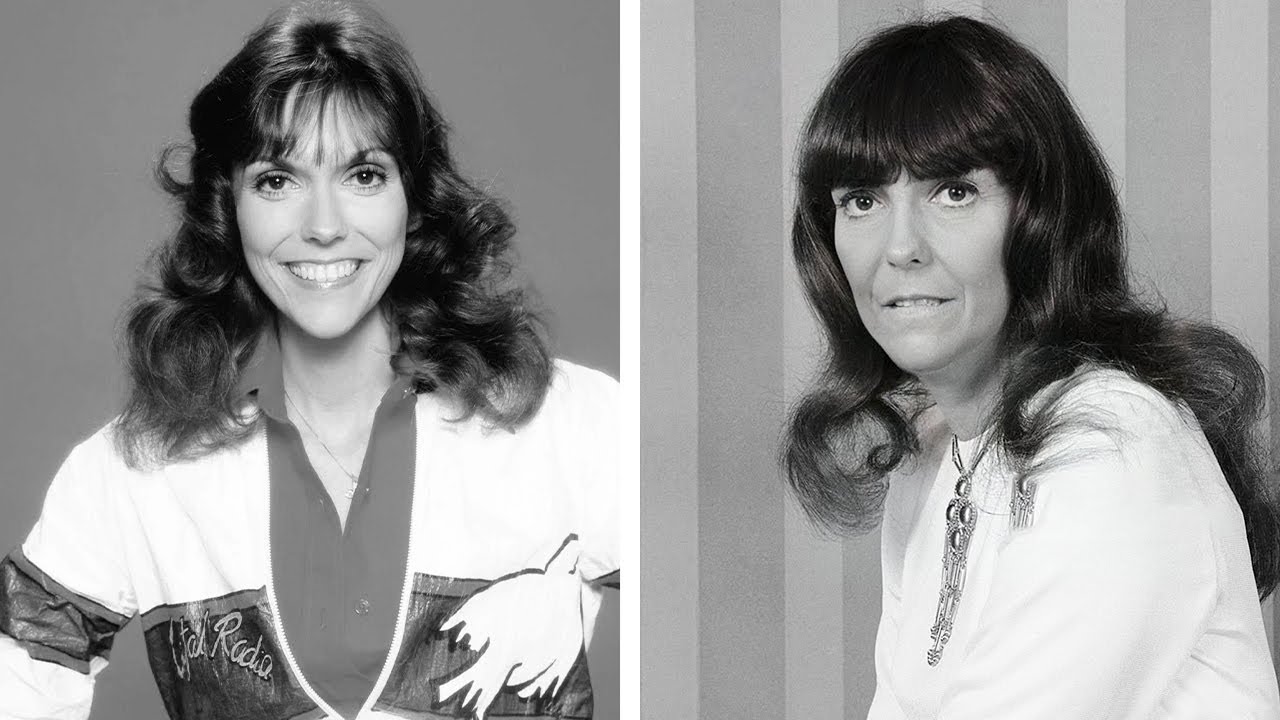
Tragedy Behind the Melody: The Unseen Struggle of Karen Carpenter
Few voices in the 20th-century music landscape carried as much warmth and melancholy as that of Karen Carpenter. As one half of the legendary pop duo, The Carpenters, Karen shaped the sound of the 1970s with timeless classics like “(They Long to Be) Close to You,” “Rainy Days and Mondays,” and “We’ve Only Just Begun.” Her angelic tone, emotional depth, and natural musicianship made her both a critical and commercial success. Yet, behind the applause and golden records lay a quiet, devastating struggle—one that would end in tragedy far too soon.
Born on March 2, 1950, in New Haven, Connecticut, Karen was three years younger than her brother Richard Carpenter, a child piano prodigy. While Richard’s musical prowess emerged early, Karen initially expressed herself through dance and sports. The family’s move to Downey, California in 1963 provided fertile ground for her creative growth. By high school, she gravitated toward music, joining the band not merely out of passion, but as an escape from gym class.
In 1965, Karen and Richard, along with Wes Jacobs, formed the Dick Carpenter Trio, a jazz outfit that highlighted Karen’s drumming—a talent often overshadowed by her singing in later years. Though her vocal gift remained undiscovered by audiences at this point, fate intervened during an audition with Joe Osborn, a respected bassist and member of the famed session group The Wrecking Crew. Karen stunned the room by stepping up to the microphone and singing, eventually earning her a solo contract.
Despite early setbacks, including unreleased recordings, the Carpenters persisted. Their breakthrough came in 1970 with their second album and the massive hit “Close to You.” The gentle, melodic style they were criticized for became their unique signature, endearing them to millions. Presidents, celebrities, and everyday listeners fell in love with Karen’s voice, a rich contralto that could convey sorrow and serenity in the same breath.
Success, however, brought immense pressure. By 1975, the telltale signs of exhaustion and physical decline were evident. Extensive touring took its toll, and what many believed to be dieting was in fact a more dangerous condition. Karen had begun a longtime struggle with anorexia, a then-little-known disorder. Her condition forced her to cancel tours and even resulted in hospitalization.
The toll on her body was profound. Though she sought treatment in New York and returned with some signs of recovery in 1982, additional complications emerged. In an effort to manipulate her metabolism, she reportedly began taking thyroid medication and an excessive amount of laxatives. These attempts at control came at a devastating cost to her heart health.
On February 4, 1983, Karen Carpenter collapsed at her family’s home in Downey. Emergency responders arrived swiftly, but attempts to revive her were unsuccessful. She died at just 32 years old. The official cause: heart failure brought on by complications related to her prolonged battle with anorexia.
Her death sent a tremor through the entertainment world. It cast light on the growing issue of physical and psychological health dilemmas in the music industry. More importantly, it reminded the public that behind her seemingly flawless performances stood a woman fighting immense personal battles.
Karen Carpenter’s legacy is not only in the abundance of musical treasures she left behind but in the awareness her story raised about eating disorders and the pressures artists face in pursuit of their craft. Through the warmth of her music, she continues to inspire both fans and fellow musicians, serving as a poignant reminder of the human side of genius.
Video:
SHOCKING NEWS: At 32, Karen Carpenter FINALLY admitted what we all suspected before her death – YouTube